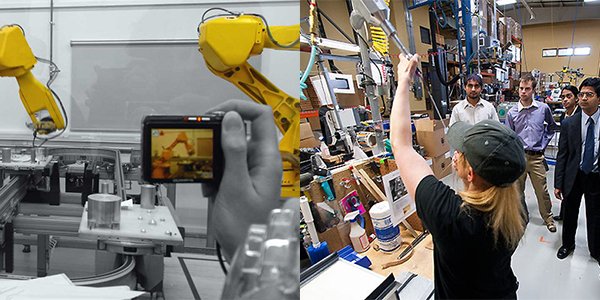In an era where the efficiency of production processes dictates the success of entire industries, the roles of production engineers and industrial engineers have gained significant prominence. Both fields play pivotal roles in modern manufacturing and industrial systems, yet their contributions differ markedly. While production engineers are deeply focused on optimizing output, industrial engineers are primarily concerned with boosting overall productivity. This article explores the distinct yet complementary roles of these professionals, highlighting their importance in the industrial landscape.
1. Understanding the Roles: Production Engineer vs. Industrial Engineer
At first glance, the roles of production engineers and industrial engineers may seem similar, especially since both professions aim to improve manufacturing processes. However, a closer look reveals important distinctions.
Production Engineer: Output-Oriented Expertise
A production engineer primarily focuses on the actual manufacturing processes. Their primary responsibility is to ensure that production lines are running smoothly and that maximum output is achieved with minimal waste. They are deeply involved in the technical aspects of production, working with machinery, assembly lines, and operational protocols to ensure efficiency.
Production engineers handle the following core areas:
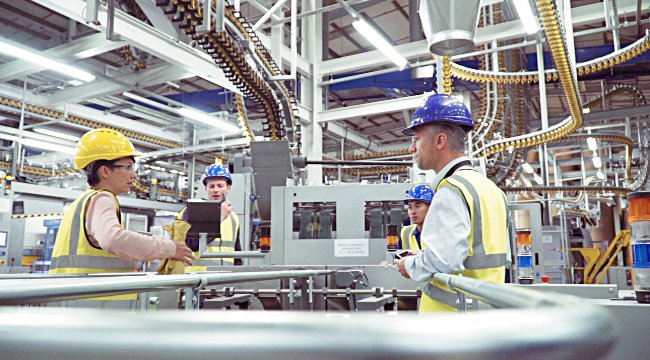
- Machinery Maintenance: They ensure that all equipment operates without interruption. Any malfunction could slow or halt production, which directly impacts the output. Production engineers continuously monitor and optimize machine efficiency.
- Process Optimization: Beyond maintaining machines, production engineers assess and improve the production process. They aim to reduce downtime, increase the speed of production cycles, and maintain quality standards.
- Quality Control: A production engineer is responsible for maintaining product quality without sacrificing output. Balancing these two aspects is a complex task that requires an in-depth understanding of both production and quality standards.
Industrial Engineer: Productivity-Focused Approach
While production engineers concentrate on output, industrial engineers are responsible for improving overall productivity within the entire system. They take a holistic approach, analyzing workflows, logistics, labor management, and resource allocation. The goal of an industrial engineer is to maximize the efficiency of the system as a whole, rather than just the production line.
Industrial engineers focus on the following:
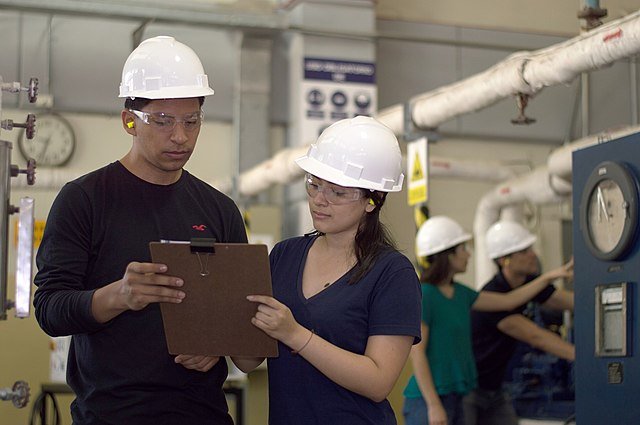
- Workflow Optimization: Industrial engineers design and implement processes that improve the flow of materials, products, and information. This helps to reduce bottlenecks and improves the overall productivity of the system.
- Labor Efficiency: Industrial engineers work with human resources to ensure that labor is effectively utilized. They look at everything from scheduling shifts to ergonomics, aiming to improve worker productivity while reducing strain or injury.
- Systems Integration: Industrial engineers often integrate different systems, such as supply chain management and production scheduling, to ensure smooth coordination. By optimizing these systems, they boost overall productivity, not just output.
2. Bridging the Gap Between Output and Productivity
To fully appreciate the interplay between production engineers and industrial engineers, it’s important to understand the difference between output and productivity.
- Output refers to the amount of product manufactured over a specific period. It’s a quantitative measure, directly related to the production process, and is the main focus of a production engineer.
- Productivity is a broader concept that encompasses the ratio of output to input, such as labor, materials, and time. It’s not just about how much is produced but also about how efficiently resources are used. This is where industrial engineers come in, focusing on improving the overall efficiency of the manufacturing system.
Both engineers play crucial roles in a company’s success, but their approaches to enhancing performance differ. Production engineers may increase output by improving machinery or reducing downtime, while industrial engineers might boost productivity by optimizing resource usage or streamlining workflows. The two professions complement each other, ensuring that production is both efficient and effective.
3. Case Study: Automobile Manufacturing
To understand how production engineers and industrial engineers work together in real-world scenarios, let’s examine the automobile industry. This sector is highly complex, with numerous interrelated systems that must function smoothly to meet production targets and maintain profitability.
- Role of Production Engineers: In an automobile manufacturing plant, production engineers are responsible for ensuring that assembly lines run efficiently. They maintain equipment, troubleshoot issues, and find ways to improve the output of each production cycle. For example, if a machine that assembles car doors is operating slower than expected, a production engineer will assess the machinery, identify bottlenecks, and make the necessary adjustments to increase its speed without compromising quality.
- Role of Industrial Engineers: On the other hand, industrial engineers in the same plant would focus on the overall production system. They would assess how different departments, such as material supply and labor scheduling, can be optimized to improve productivity. For instance, they might redesign the workflow to reduce the time cars spend moving between different assembly stations or introduce better inventory management to ensure that materials are always available when needed.
In this case, production engineers directly enhance output by fixing immediate production issues, while industrial engineers improve productivity by addressing systemic inefficiencies.
4. The Evolution of Production and Industrial Engineering
Both production engineering and industrial engineering have evolved significantly over the years, driven by technological advancements and changing industry needs. Today, modern manufacturing is undergoing a transformation, with automation, artificial intelligence (AI), and data analytics becoming central to both professions.
Production Engineering in the Age of Automation
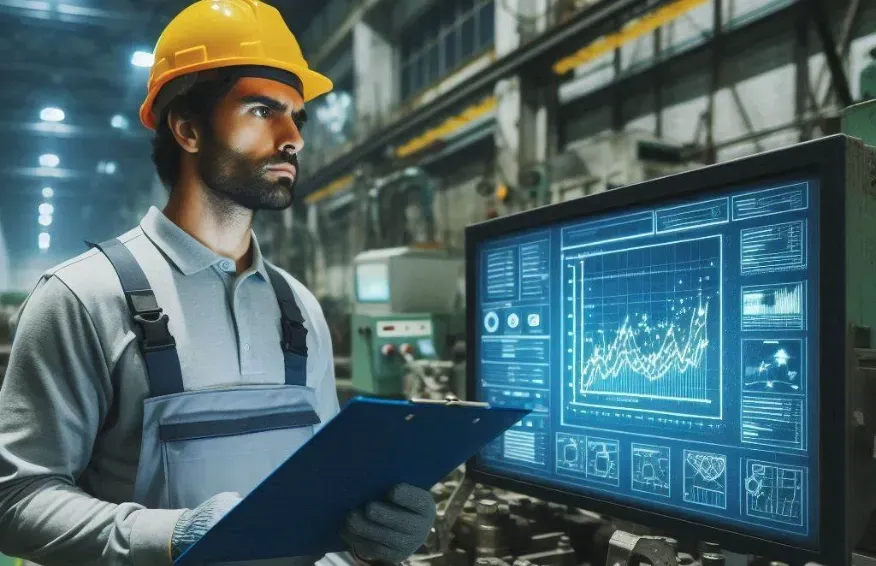
With the rise of automation, production engineers have adapted by becoming experts in robotics and automated machinery. Automated production lines are now commonplace in industries such as electronics, pharmaceuticals, and consumer goods. Production engineers today are responsible for designing and maintaining these sophisticated systems, ensuring that they operate at peak efficiency.
Automation has also shifted the role of production engineers from merely maintaining machines to overseeing highly complex, interconnected systems. These engineers are now tasked with optimizing not just individual machines but entire automated production lines, making sure that every component works together seamlessly.
Industrial Engineering and Data Analytics
Industrial engineers, on the other hand, are leveraging big data and AI to enhance productivity. With access to vast amounts of data on everything from production times to labor efficiency, industrial engineers can analyze these metrics to uncover inefficiencies and predict future trends.
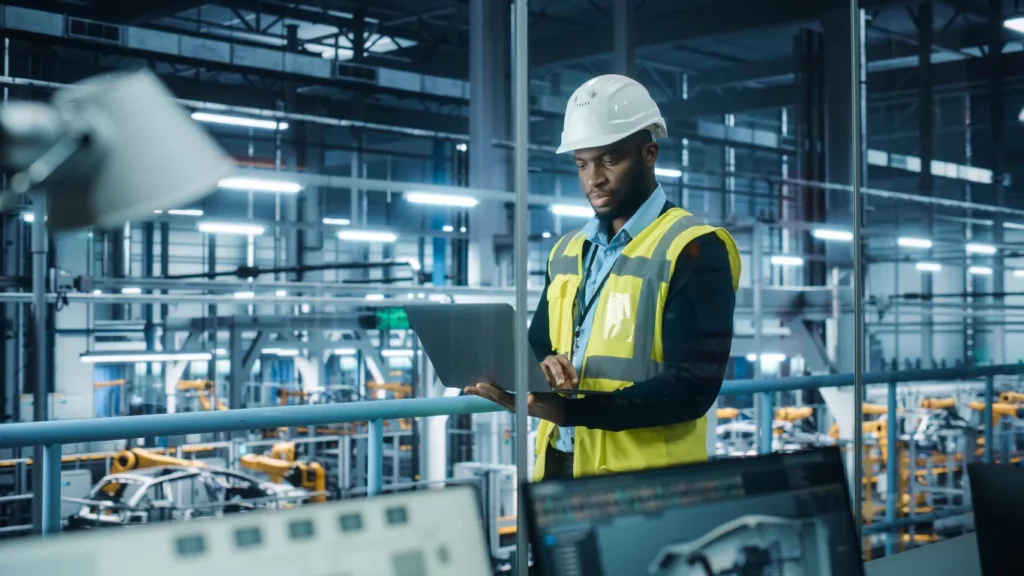
For example, an industrial engineer might use AI algorithms to predict when a production line is likely to experience a bottleneck. This allows the engineer to take preemptive action, such as reassigning workers or adjusting workflows, to avoid a slowdown. Data analytics also enables industrial engineers to perform detailed simulations of production processes, allowing them to experiment with different configurations and find the most efficient setup without disrupting actual production.
5. Challenges Faced by Production and Industrial Engineers
Despite the numerous advancements in technology, both production and industrial engineers face significant challenges in their respective roles.
- Production Engineers’ Challenges:
- Keeping up with rapid technological advancements in machinery and automation.
- Balancing the need for increased output with maintaining high product quality.
- Managing production during equipment breakdowns or supply chain disruptions.
- Industrial Engineers’ Challenges:
- Integrating complex systems, such as AI and big data, into traditional manufacturing processes.
- Ensuring that productivity improvements don’t come at the expense of worker safety or satisfaction.
- Balancing cost reductions with maintaining operational efficiency across the entire production system.
Both professions require continuous learning and adaptation to keep up with the rapidly evolving industrial landscape.
6. The Future of Engineering in Manufacturing
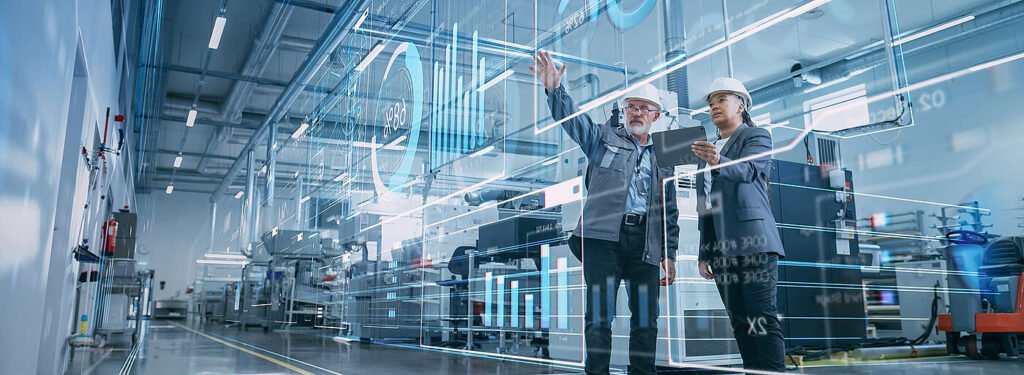
Looking ahead, the roles of both production engineers and industrial engineers are likely to expand even further as industries adopt new technologies like the Internet of Things (IoT), 3D printing, and smart manufacturing. These technologies will create new opportunities for both engineers to improve output and productivity.
The Impact of IoT and Smart Manufacturing
IoT and smart manufacturing are set to revolutionize the way production and industrial engineers approach their work. IoT allows machines, sensors, and systems to communicate with each other in real-time, providing engineers with unprecedented amounts of data about production processes. This enables production engineers to monitor machines more closely, predict breakdowns before they happen, and ensure that equipment is running at optimal efficiency.
For industrial engineers, smart manufacturing opens up new possibilities for system-wide optimization. With real-time data from IoT devices, industrial engineers can make immediate adjustments to workflows, labor assignments, and inventory management, ensuring that productivity is always maximized.
The Role of Sustainability
Another significant trend in both production and industrial engineering is the increasing emphasis on sustainability. As industries face growing pressure to reduce their environmental impact, both types of engineers are tasked with finding ways to improve efficiency while minimizing waste and energy consumption.
Production engineers are working on developing more energy-efficient machinery and reducing material waste in the production process. Industrial engineers, meanwhile, are focused on creating sustainable supply chains and optimizing the use of resources across the entire production system.
Conclusion: Collaboration is Key
In conclusion, while the roles of production engineers and industrial engineers are distinct, they are complementary. Both are essential to the success of modern manufacturing. Production engineers focus on maximizing output by ensuring that machinery and processes are operating efficiently, while industrial engineers look at the bigger picture, aiming to improve productivity by optimizing systems, labor, and resource usage.
As technology continues to advance, the collaboration between these two professions will become even more critical. By working together, production and industrial engineers can create manufacturing systems that are not only more efficient but also more sustainable, ensuring the long-term success of industries around the world.
Their combined efforts will lead to the next generation of manufacturing, where output and productivity are optimized in ways that were previously unimaginable.

